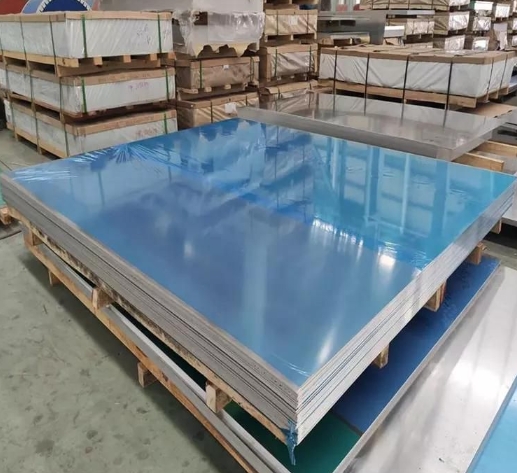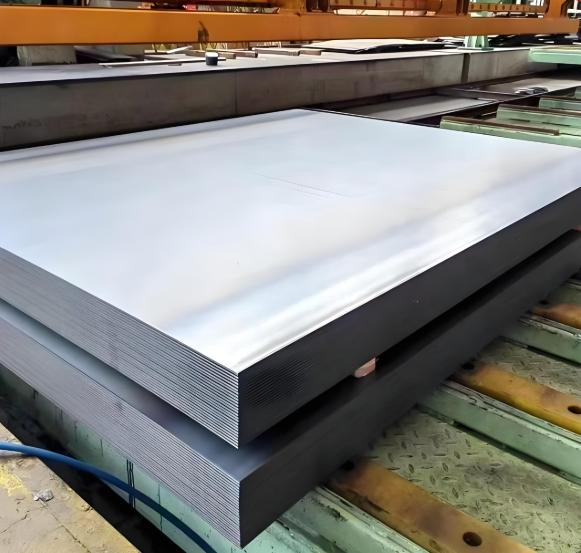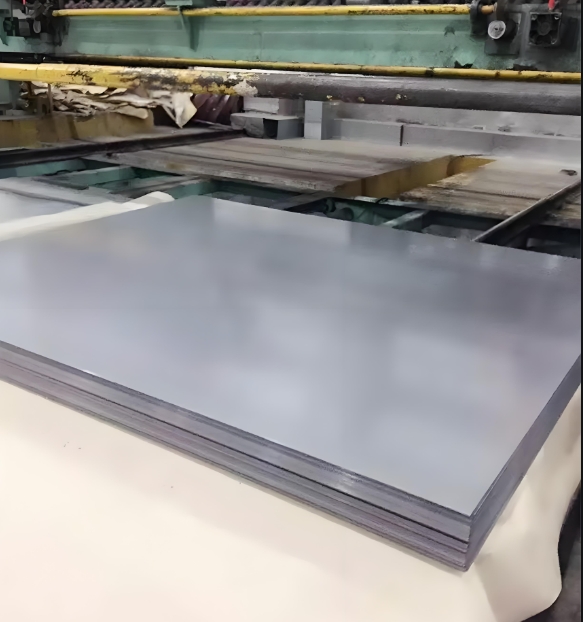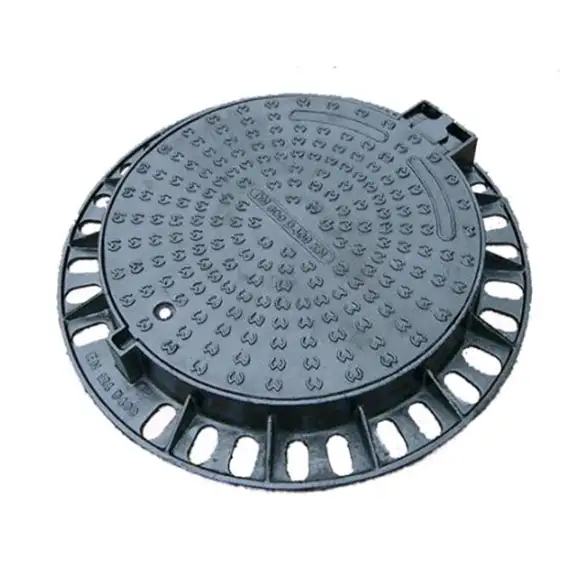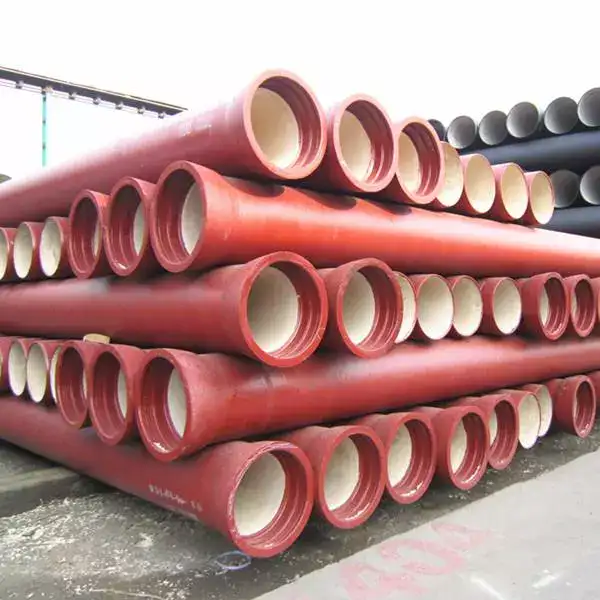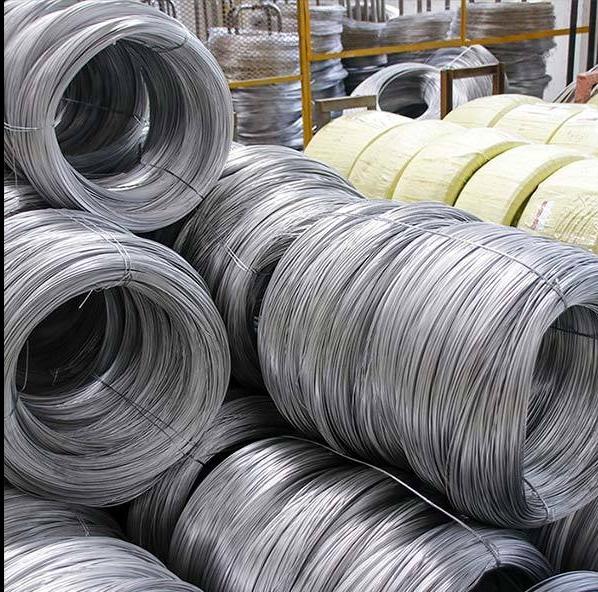Introduction: The Backbone of Structural Integrity
Why do some welded structures crumble under stress while others endure for decades? Often, the answer lies in A36 carbon steel plate thickness standards. From skyscrapers to ship hulls, this material’s weldability hinges on precise thickness compliance. Let’s crack the code to avoid costly failures.
Problem: When Thickness Deviations Spell Disaster
The High Cost of Guesswork
In 2022, a Kansas bridge retrofit failed because ½” A36 carbon steel plates were substituted with 3/8” ones. Result? $1.2M in repairs (NIST, 2023). Even a 1/16” thickness error can reduce load capacity by 15%.
Hidden Enemies: Heat and Stress
Welding thin A36 plates without preheating causes hydrogen cracks. I once saw a warehouse column split like a banana peel because the team skipped this step.
Standard 1: ASTM A36 Thickness Tolerances
H3: The Golden Range
| Plate Thickness | Allowable Deviation |
|---|---|
| ≤ 4.5” | ±0.015” |
| > 4.5” | ±0.030” |
Always verify mill certificates. Shanxi Luokaiwei Steel Company provides ASTM-compliant A36 carbon steel plates with traceable thickness reports—contact [email protected] for specs.
Standard 2: Preheat Temperatures by Thickness
H3: Avoid Cold Cracking
- Below ¾”: No preheat needed
- ¾”–1.5”: 150°F preheat
- Over 1.5”: 225°F minimum
A Texas fab shop reduced weld defects by 80% after adopting this protocol.
Standard 3: Joint Design for Thick Plates
H3: Bevel Angles Matter
For A36 carbon steel plates >1”:
- 37.5° bevel angle
- 1/8” root face
This prevents incomplete fusion, the #1 cause of weld failures in heavy sections.
Standard 4: Electrode Selection Matrix
| Plate Thickness | Recommended Electrode |
|---|---|
| < ½” | E6013 |
| ½”–1” | E7018 |
| >1” | E10018 |
Source: AWS D1.1 Structural Welding Code (2024)
Standard 5: Post-Weld Heat Treatment (PWHT)
H3: Stress-Relieving Rules
For A36 carbon steel plates >2”:
- Heat to 1100°F
- Hold 1 hour per inch of thickness
- Cool slowly (≤100°F/hour)
Skip this, and residual stress may trigger delayed cracking.
Standard 6: Non-Destructive Testing (NDT)
H3: UT vs. RT for Thick Plates
- Ultrasonic Testing (UT): Best for plates >1”
- Radiographic Testing (RT): Required for critical joints
A Canadian pipeline project caught 92% of flaws using UT on 2” A36 plates.
Standard 7: Corrosion Allowance
H3: Thickness + Longevity Math
In coastal zones, add 1/16” to calculated thickness. A36 carbon steel plate loses 0.001”/year to rust—factor this into designs.
⚠️ 3 Deadly Welding Mistakes
-
Ignoring Mill Scale
Weld through mill scale on A36 carbon steel plates, and you’ll get porous joints. Grind it off first! -
Wrong Gas Shielding
Use 75% Argon/25% CO₂ for plates >½”. Pure CO₂ causes spatter on thick sections. -
Overlooking Plate Curvature
Cambered plates need 10% higher preheat—don’t assume flatness.
5-Step Guide to Perfect A36 Welds
-
Measure Twice, Cut Once
Use laser calipers to verify A36 carbon steel plate thickness. -
Preheat Smartly
Follow AWS guidelines—don’t eyeball it! -
Weld in Segments
For plates >1”, weld 6” sections alternately to control distortion. -
Inspect Between Passes
Chip slag and check for undercut before next layer. -
Partner with Reliable Suppliers
Source certified A36 carbon steel plates from Shanxi Luokaiwei Steel Company (WhatsApp +86 18912200505). Our ISO-certified stock ensures consistent thickness.
Case Study: Stadium Roof Success in Dubai
Using 1.25” A36 carbon steel plates from Shanxi Luokaiwei, engineers achieved:
- Zero weld defects in 5,000+ joints
- 20% faster approval due to precise thickness compliance
- 30-year corrosion warranty
A36 vs. A572: Thickness vs. Strength
| Factor | A36 Carbon Steel Plate | A572 Grade 50 |
|---|---|---|
| Yield Strength | 36 ksi | 50 ksi |
| Max Thickness | 8” | 4” |
| Weldability | Excellent | Requires preheat |
| Cost per Ton | $680 | $920 |
Source: Modern Steel Construction (2024)
Conclusion: Weld Right, Build Tight
Mastering A36 carbon steel plate thickness standards isn’t just about compliance—it’s about creating unbreakable structures. From preheat protocols to supplier selection, every detail counts.
Checklist for A36 Welding Projects
- [ ] Confirm plate thickness with laser measurement
- [ ] Preheat according to AWS D1.1
- [ ] Use E7018 electrodes for plates >½”
- [ ] Perform UT on joints >1”
- [ ] Source plates from Shanxi Luokaiwei Steel Company (Email: [email protected])
Don’t gamble with subpar materials. WhatsApp +86 18912200505 today—we’ll arm you with battle-ready A36 carbon steel plates. 🔧


